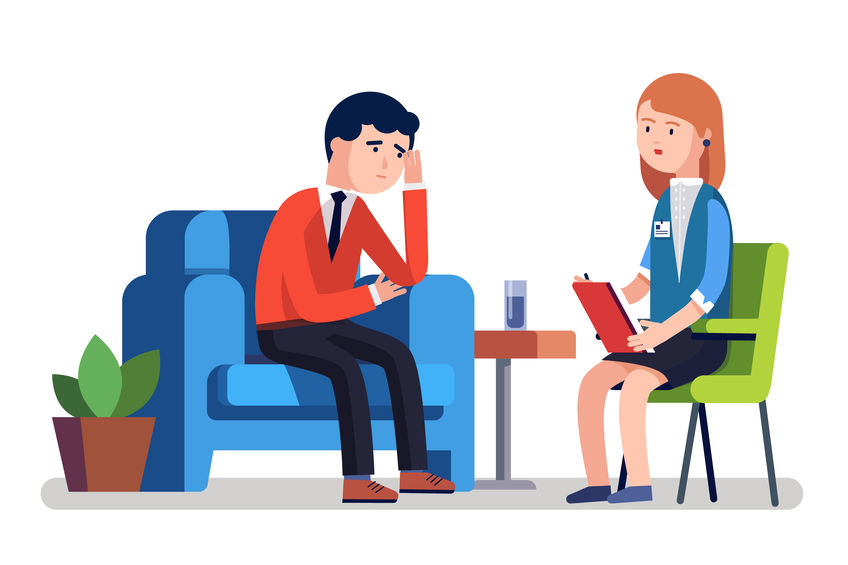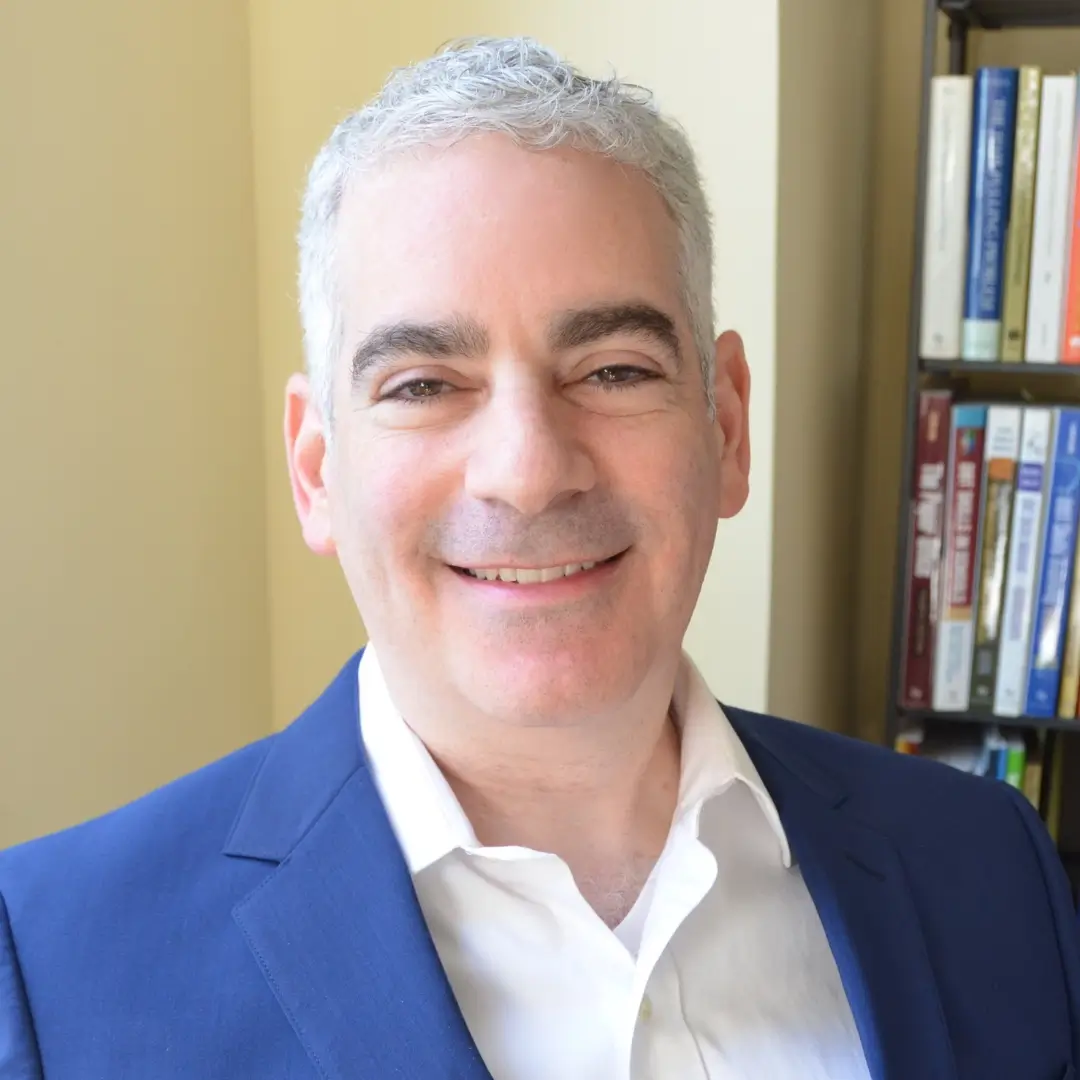Post-traumatic stress disorder, or PTSD, can be demoralizing. It can even be disabling. But is PTSD permanent? Not if you’re willing to address it.
What Is PTSD?
PTSD, or post-traumatic stress disorder, is a syndrome that sometimes affects people who experience very stressful events.
What causes PTSD?
Events such as accidents, combat experiences, sexual assaults and other violent crimes, physical or sexual abuse, and motor vehicle accidents can cause PTSD.
Other kinds of events such as the death of a pet, divorce, seeing upsetting events on the news, or getting fired typically do not cause PTSD. They are certainly very upsetting and sometimes destabilizing. However, PTSD is a specifically defined syndrome that is only caused by certain types of events.
Symptoms of PTSD
People with PTSD often suffer from several of the following symptoms:
- intrusive thoughts or memories of the event(s),
- avoidance of memories, thoughts, places or situations associated with the event(s)
- difficulty sleeping
- always feeling on guard
- an exaggerated startle response
- nightmares
- depression
- excessive use of alcohol or drugs
For a deeper overview of the condition, see our PTSD informational page.
Is PTSD Curable?
Yes, some specific treatments do help. Several forms of psychotherapy have been proven to help those with PTSD. These include well-established treatments such as prolonged exposure therapy and cognitive processing therapy. Some medications can help a bit, but they are not considered a primary treatment for the condition. There are also new experimental treatments such as stellate ganglion block injections for PTSD that have shown some promise. To learn more see the PTSD treatment overview page elsewhere on this site.
What Happens Without Any Treatment?
PTSD can certainly get worse over time, but it doesn’t always get worse. The course of the disorder is variable and can be impacted by several factors. These include the person’s prior history of traumas, the severity of the traumatic event, the support they have around them, and, importantly, their coping strategies.
Coping strategies matter in PTSD. Unfortunately, some of the most common ones (alcohol, drugs, isolating, avoidance) can make PTSD more severe over time.
Does PTSD Go Away?
Yes. One’s memory of a traumatic event may not go away, but the PTSD certainly can. This typically happens in one of three ways.
1: PTSD Treatment (Therapy)
The quickest option is often seeking professional help. As mentioned above, there are now several effective psychotherapies for PTSD that have been proven to be effective in research trials. Typically these treatments are time-limited, meaning they last for a matter of months (not years or decades). Often they do not involve medication, although sometimes medication can be helpful or even necessary. (For illustrations of how helpful therapy for trauma can be, try this podcast or this first-person account.)
2: Healthy coping strategies
Avoiding problematic use of drugs and alcohol is an important choice you can make if you have PTSD. For many PTSD sufferers, however, this is not easy to do. If you’re in a position where you can avoid or reduce drug and alcohol use, it is the healthy choice.
Taking care of yourself and allowing friends and loved ones to serve as supports for you is also important. If you have PTSD, you certainly don’t need to tell them details of your traumatic memory, but try to allow supportive loved ones to be part of your life and to help you when you need it.
Another choice that can either soothe PTSD or make it worse involves decisions about whether to avoid things. For example, someone with post-traumatic stress from a car accident who never drives again will likely feel safer for having made that choice. However, they also deprive themselves of having safe driving experiences that might, over time, ease PTSD’s severity.
3: Time and luck
Sometimes PTSD improves over time. This often happens because of the use of healthy coping strategies (see above). Ultimately there is no recipe to determine whose PTSD will go away over time and whose will not; but using healthy coping strategies can tilt the odds in your favor.
The Bottom Line
PTSD is not necessarily permanent. If you have it, it can improve. Whether you seek professional help or not is up to you, but know that it can and often does get better. And importantly, you can help that process along. If you’re interested in speaking with a therapist specializing in PTSD treatment, please contact us to discuss your options.









